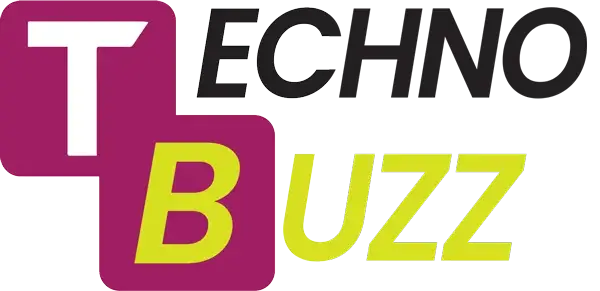The internet has revolutionized communication, commerce, and creativity. However, its rapid growth has sparked diverse opinions, fueling the rise of internet criticism. This article explores internet criticism’s facets, addressing its causes, impacts, and the challenges it presents.
What is Internet Criticism?
Internet criticism refers to the analysis, evaluation, and feedback directed at digital platforms, online behavior, and technological advancements. It includes critiques of content quality, ethical concerns, and societal impacts stemming from internet use.
Historical Context and Evolution
Internet criticism began as discussions in academic circles and niche forums. Over time, social media amplified its reach, transforming it into a global discourse. From debates about net neutrality to data privacy, criticism has shaped internet policies and user expectations.
Why Internet Criticism Matters
Impact on Society
Internet criticism holds digital platforms accountable for their societal influence. It challenges practices that propagate inequality, misinformation, or unethical behaviors.
Influence on Individual Behavior
Criticism educates users about digital literacy, highlighting responsible consumption and online behavior. This awareness fosters healthier online communities.
Forms of Internet Criticism
Social Media Critiques
Social media platforms often face scrutiny for promoting echo chambers, data misuse, and questionable content moderation policies.
Criticism of Online Content
Critiques address misinformation, clickbait, and sensationalism, urging creators to prioritize authenticity and factual accuracy.
Technology and Privacy Concerns
Technological advancements, including artificial intelligence and big data, raise concerns about surveillance, bias, and ethical use.
Drivers Behind Internet Criticism
Ethical Concerns
Unregulated digital spaces amplify concerns about harmful content, ethical dilemmas, and misuse of data.
Economic Inequality and Digital Divides
The internet’s promise of equal opportunity is undermined by unequal access and resource allocation, sparking valid criticisms.
Censorship and Free Speech Debates
Balancing free speech with content moderation often draws heated debates, highlighting the complexity of governing digital spaces.
Positive Aspects of Internet Criticism
Encouraging Accountability
Public scrutiny forces corporations and influencers to address unethical practices, fostering greater transparency.
Fostering Informed Discussions
Criticism facilitates debates on issues like misinformation, empowering users to challenge biased narratives.
Driving Technological Innovations
Constructive criticism helps developers refine technologies, ensuring inclusivity and ethical advancements.
Challenges Associated with Internet Criticism
Misinformation and Bias
Critics sometimes propagate their biases or misinformation, undermining the credibility of internet criticism itself.
Cyberbullying and Harassment
Constructive feedback often devolves into personal attacks, discouraging meaningful discourse.
Overregulation Risks
Calls for stricter regulations risk stifling creativity and freedom on digital platforms.
Case Studies Highlighting Internet Criticism
Data Privacy Scandals
Incidents like the Cambridge Analytica scandal spotlighted major flaws in user data management and transparency.
Misinformation on Social Media
The spread of fake news during elections or crises demonstrates the dire consequences of unchecked online narratives.
Future Directions for Internet Criticism
Role of AI in Moderation
Artificial intelligence promises improved content moderation, though questions about bias and accountability persist.
Importance of Digital Literacy
Empowering users with digital literacy is key to fostering informed criticism and responsible internet use.
Practical Solutions to Challenges
Promoting Ethical Online Practices
Encouraging transparency and ethical conduct among stakeholders reduces instances of internet criticism rooted in valid concerns.
Balancing Free Speech and Regulation
Establishing fair guidelines ensures freedom of expression while curbing harmful online activities.
Conclusion
Internet criticism plays a vital role in shaping the digital world. Its constructive aspects drive accountability, innovation, and societal progress. By addressing challenges and leveraging its benefits, stakeholders can build a healthier online ecosystem. For more info visit Techno Buzz.
FAQs
1. What are the main drivers of internet criticism?
Ethical dilemmas, data misuse, misinformation, and privacy concerns are significant drivers of internet criticism.
2. How does internet criticism benefit society?
It fosters transparency, accountability, and innovation while encouraging informed discussions and challenging unethical practices.
3. What are the risks of overregulation in response to criticism?
Overregulation could stifle free expression, creativity, and innovation, harming the open nature of the internet.
4. How can individuals contribute to constructive internet criticism?
By practicing digital literacy, sharing factual content, and avoiding personal attacks in discussions.
5. What role does AI play in addressing internet criticism?
AI aids in moderating harmful content and refining user experiences but requires ethical oversight to mitigate biases.

